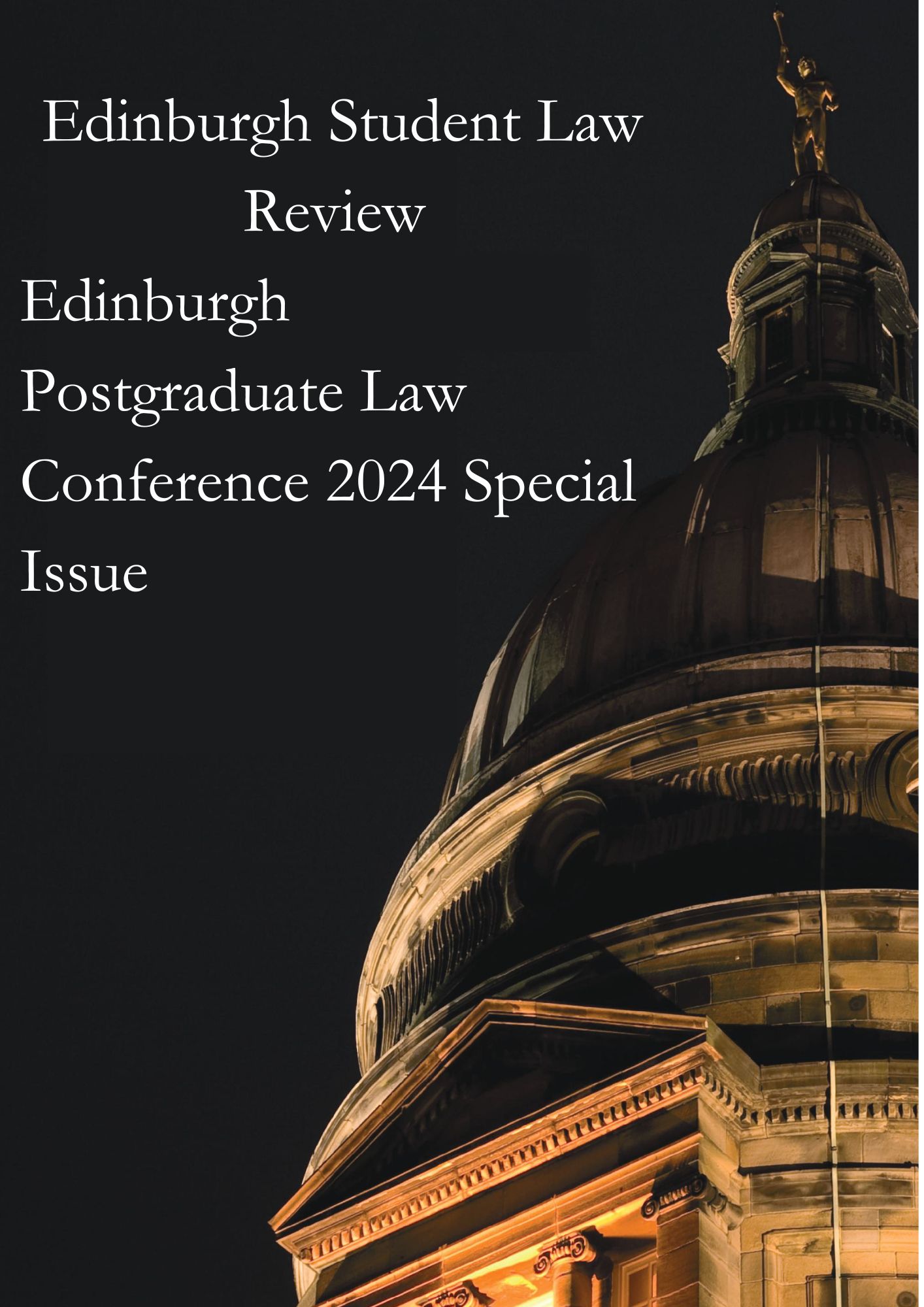Introducing Ubuntu to Property Law
A Case for Environmental Stewardship
DOI:
https://doi.org/10.2218/eslr.2025.5.2.10674Abstract
In this paper, I make the following arguments. First, I contend that the dominant understanding of property has adverse environmental ramifications. This dominant understanding is predicated on the right to exclude over a thing. Under a political economy that prizes capitalism and individualism, this has contributed to deleterious climate change and unsustainable practices. Secondly, I sketch the normative content of ubuntu as a legal philosophy. Ubuntu is notoriously difficult to define and has shifting meanings. However, this does not denude its significance. It remains an attractive relational, multi-dimensional worldview of ‘African ontological values of interconnectedness, common humanity, collective sharing, obedience, humility, solidarity, communalism, dignity, and responsibility to one another.’ Thirdly, I propose ubuntu as an alternative legal philosophy to underpin our understanding of property. Under ubuntu, property ownership is seen as custodianship, with responsibility for future generations. This contrasts with individual ownership (with the right to exclude), where the owner has unfettered rights to exploit the resource. Custodial ownership necessitates sustainable practices that ensure the long-term viability of the resource.
Downloads
Published
Issue
Section
License
Copyright (c) 2025 Sfiso Benard Nxumalo

This work is licensed under a Creative Commons Attribution 4.0 International License.




